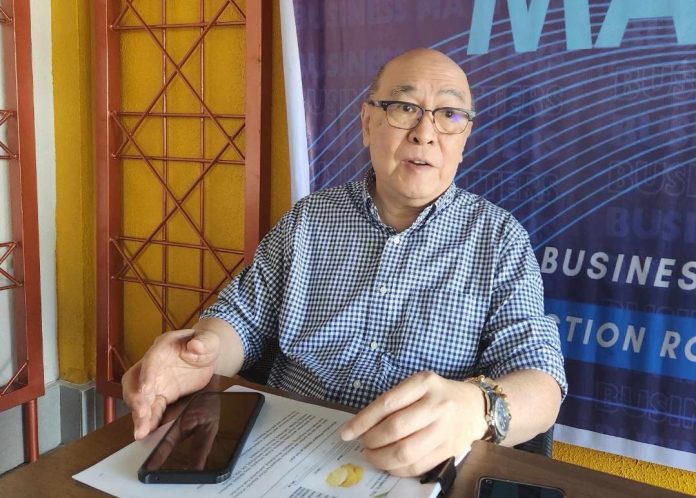
Pilipino Banana Growers and Exporters Association (PBGEA) Executive Director Stephen Antig bared that the Philippines is losing key markets for bananas due to low volume of production brought about by pests and diseases, specifically fusarium wilt.
Antig said the percentage share of Philippine fresh bananas gradually went down since 2012. In Japan, Philippine bananas used to have 94 percent of the market share but it went down to 79 percent in 2023. The country’s main market, the People’s Republic of China, it has an 82 percent market share in 2012 but plunged to 40 percent in 2023. From its 98 percent market share in South Korea, it went down to 69% in 2023.
Antig added that the worst was in the United Arab Emirates (UAE) wherein in 2012, the Philippine bananas were enjoying 83 percent of the market and as of last year, the market share sharply dived to just 8 percent.
“That is the kind of dire picture and the factor is we simply don’t have the volume due to devastation brought about by pests and diseases,” he said during the Business Matters media briefing at Hukad, Ayala Malls Abreeza.
According to Antig, it’s not easy to replace those areas with banana plantations affected by fusarium wilt and expand these plantations because of the Agrarian Reform Law, which limits landowners to only retain not more than five hectares of land.
“It’s not a demand problem but a supply problem because we have been infested with fusarium diseases and climate change and the problem of getting additional hectarage for expansion purposes and to replace those areas affected by pests and diseases,” he said.
He cited Cambodia wherein one banana plantation can go as much as 20,000 hectares.
He also said currently, in Mindanao it only has more or less 51,000 hectares left from the original 89,000 hectares and this is because of the pests and diseases that have devastated most of the areas.
Antig said PBGEA has been trying to lobby to get the Department of Agrarian Reform (DAR) amend the Agrarian Reform Law because the limitation of five hectares is not feasible for this kind of crop.
“Unfortunately, we have not gotten any feedback as to whether the amendments are happening or not. We will continue to lobby otherwise there will come a time when Mindanao will not be known as the banana republic anymore,” he said.
Antig said that the banana growers right now is simply rehabilitating those areas affected by pests and diseases.
“But we cannot do that as fast as we want to because it will take from nine months to one year for bananas to bear fruit. The spread of fusarium wilt is faster,” he said.
He also said that they are trying to develop a new variety of banana that is resistant to most pests and diseases.
“Now tinamaan din ang cavendish, so we are racing against time because if we will not be able to identify a new variety it is possible that the remaining 51,000 hectares will also be affected, and what will happen to individuals dependent on this industry? The implications are something that we don’t even want to think because the banana industry contributed not only to the economic development of Mindanao, but we were also instrumental in improving the peace and order by providing employment,” he said.
Antig said PBGEA is crafting a bill on the revitalization of the Philippine Banana Industry and once that bill is crafted, they will ask one of the Congressman to sponsor that bill.
“One of the stipulations of the bill is to establish a world-class research facility that will not only serve the Cavendish industry but all the agri-sector. We are not giving up hope as a lot of people are dependent on the industry,” he said.






